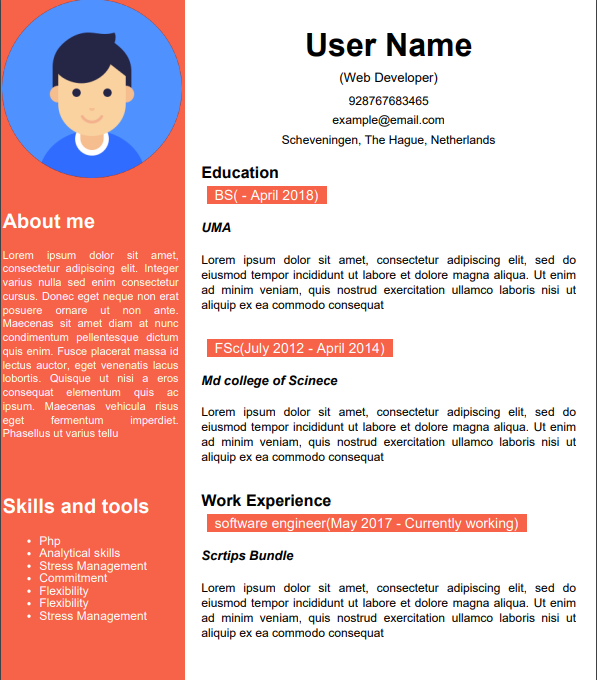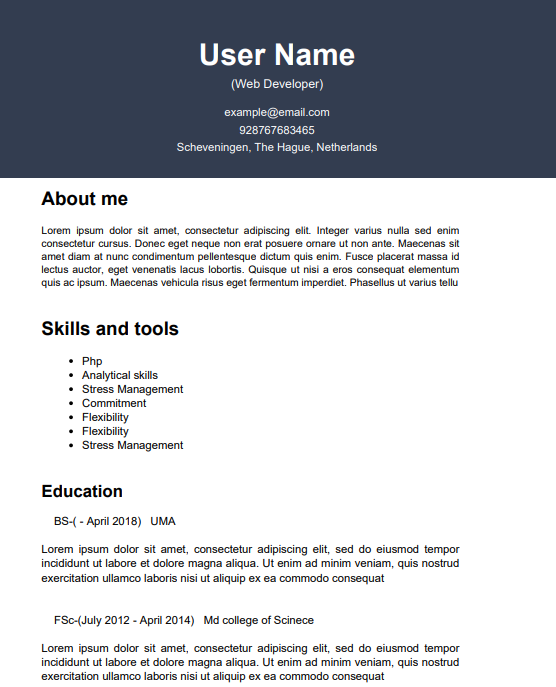Dual Nationality Players
Club football would be considered the most important amongst fans and international football only really becomes important when it’s time for the major tournaments. That’s the case for bigger nations where qualification is almost a certainty.
For nations that are considered to be ‘’minnows’’ it isn’t a certainty and they need a selection of factors to fall into place to give them a chance. This starts with the roster of players available to them. The world we live in is multicultural and in bigger countries you will come across different people from different backgrounds, with communities that contribute their own culture to their countries.
So, it’s often the case that players who come through academy systems in Europe especially will be eligible for more than one nation should they reach the perceived level to play international football. Countries like Belgium, France, England, Italy, Spain, Portugal, Netherlands and Germany have always been considered the biggest and often the favourites when it comes to major tournaments.
Their respective associations and the infrastructure around producing top quality players for the national team is the gold standard compared to every other association. They are constantly producing the highest level of players who play in the biggest leagues, the biggest club competitions and are often nominated for the most prestigious individual awards.
The result of this frequent production of high-quality players means that international football won’t be available to everyone as well as consider the fact that there are more routes than the academy system to reaching top level professional football. This does therefore offer an opportunity for countries who aren’t considered the elite or aren’t favourites to take advantage of the dual nationality eligibility of some talented players and bring more quality into their national team set up.
Big Nation Attraction
If we look domestically at the British Isles there have been instances where the Republic of Ireland have had the talent within their ranks but unable to keep them so they could represent the senior side.
Current England stalwarts Declan Rice and Jack Grealish both played for ROI’s youth teams from U17 level to U21 level and through this time they no doubt developed the qualities to be at the top level they’re at right now. Understandably the believed they should be playing at the best possible international level and both decided to switch allegiances to England where they the national team is almost always guaranteed to be present at major tournaments whereas ROI isn’t.
A loss for the ROI where no doubt the quality of these two players would’ve inspired more players will dual nationality to join and strengthen the ROI national team. One example that is particular interesting is Diego Costa’s switch from Brazil to Spain. Both nations are considered to be massive in international football despite being born in Brazil and playing twice for their national team in 2013 he made that switch to represent Spain.
One of the reasons is possibly the strength of the Spanish National team. Spain had just come off an international treble of Euro 2008, World Cup 2010 and Euro 2012 so with such tournament dominance its understandable why the potential change had to happen. Other examples include Presnel Kimpembe who played once for the U20 side of the Democratic Republic of Congo but he saw himself being able to climb the ranks of France and he did he has enjoyed a successful international career with France at senior level.
Most recently and in bizarre fashion Wolverhampton Wanderers’ Adama Traore was caught up between both the Mali and Spanish national team for selection. In 2020, during the October international fixture period both nations had named him in their national squads. Given he already played a competitive match against Switzerland the eligibility rules from FIFA stopped any possibility of representing the Mali national team. He went on to be included in the recent Euro 2020 Spanish squad.
Positional Barriers for Dual Nationality Players
One of the openings that allow these ‘’minnow’’ nations to take advantage of international market is the depth of quality in a specific position on the pitch. With the big nations its often the case that they may produce too much of a good thing if that is such a thing.
There are players of genuine quality some playing at top clubs in the best competitions but aren’t able to get a look in at the international side they are primarily registered for.
One case that immediately comes to mind is Manchester United’s Aaron Wan-Bissaka. He is considered one of the best in his position in European football but is yet to receive an international call-up for England. There are four right-backs that currently occupy spots in the national team and all play at top clubs and have won or challenged for the top trophies.
This has led to the Democratic Republic of Congo looking to draw him to represent them. He has his eyes set on an England call-up but the longer he is omitted the stronger position the DRC are in to potentially put their shirt on. Aston Villa’s Matty Cash in the same position and clearly demonstrates the quality to play international football. Through his mother’s Polish descent, he applied for a Polish passport and in November 2021 he received his first call up for Poland.
Other examples include West Ham’s Michail Antonio and Crystal Palace’s Wilfred Zaha who have been and currently are in-form forwards in the Premier League. However, the depth of high-quality and younger forwards in England means international football is less likely.
In 2016, Wilfred Zaha completed his change international allegiance from England to the Ivory Coast and is a key player for one of if not the best nations on the African continent. Sebastian Haller recently changed from France to Ivory Coast in recognition of the talented forwards eligible for French duty.
Jamaica have made their intentions known to make an appearance at the next World Cup and therefore are actively looking at the best possible quality for their ambitions. Michail Antonio’s England omission presented a great opportunity and now he plays for them. Their ambition was highlighted when they looked to take advantage of Mason Greenwood’s minimal England senior involvement and tried to open talks to bring him in but Gareth Southgate had made It clear that Mason Greenwood will be involved with the team soon.
One other interesting acquisition is Ben Brereton for the Chilean National team who had represented England at U20 level. Chile who are a competitive side in South American football found that he qualified through his mother.
Brereton is now considered a key forward for Chile and has become something of a cult hero amongst the national fans too.
Political Motivations
The modern-day football is very much vocal and looks to use their platform to influence change in their home countries affairs. Omissions and selections can be influenced by political stances taken by players, staff or the football associations.
Once Kosovo announced their independence from Serbia in 2008 and their recognition as a state by over 100 countries they looked to recruit players for their national team. In 2016, FIFA approved 16 foreign based footballers to represent Kosovo in competitive matches. A lot of potential players applied for special permission to play for Kosovo. 15 applications were originally approved with seven who have played for Albania and the rest came from Switzerland, Germany, Norway, Austria and Sweden.
Of course, this is a special case but there is an example of politics coming to the forefront. The performance by a country’s government is very much to sway a footballer’s decision as to whether they play for that nation or not.
The Catalan national football team is an interesting phenomenon. It’s no secret that the autonomous region of Catalan has wanted its independence. Since 1904 they’ve played close to 200 international games. Due to the Catalan Federation being associated to the Spanish Federation they can’t be affiliated with UEFA or FIFA so can’t be involved in the major tournaments or qualification. Catalan players are full Spanish citizens and often play for Spain.
There have been quite a few recognisable names to play for Catalan including Gerard Pique, Riqui Puig, Oriol Romeu, Andres Iniesta, Bojan and Pepe Reina.
Minnows to improve quality
It’s not inconceivable that some of the quality of some countries will improve and there are some who are considered smaller now to make strides and presence in their own continental tournaments as well as the world cup hopefully.
Switzerland were considered minnows just over a decade ago but now make regular appearances in knockout stages of the Euros and World Cup. Their squad is made up with a lot of dual nationals so it just shows what is possible with a project presented correctly.
Scotland have a national squad consisting of players at big clubs who are at the right age to elevate the status of the national team and inspire more talented players with Scottish eligibility to show their allegiances with the Scottish national team. The curious cases of India and China whose land masses house over 1 billion people close to 12% of the world population but haven’t made consistent waves on the major stages of international football more specifically the World Cup.
The Asian community’s representation in the Premier League or top-flight football specifically India, Pakistan and Bangladesh have long been a talking point and a conversation about the efforts of their association has to be had. African and Central American associations may not have the financial might to draw players to their nations however there are some notable names represented across the best leagues who give them a chance of continental glory or World Cup Appearances.
These continents often have countries at elite level who will have come from the national youth set ups of bigger nations. Many of the African countries have players who have played in the youth sides of France, Belgium, England and Portugal.
Negotiation skills come into play here for countries with ambitions in international football. They have to consider the right age to bring results instantly or to be a catalyst that improves the status of the nation and attracts more quality players. Dual nationality players will also have to make a career decision themselves and determine what level they are capable of currently and how long are they willing to wait for the opportunity to play international level football.


